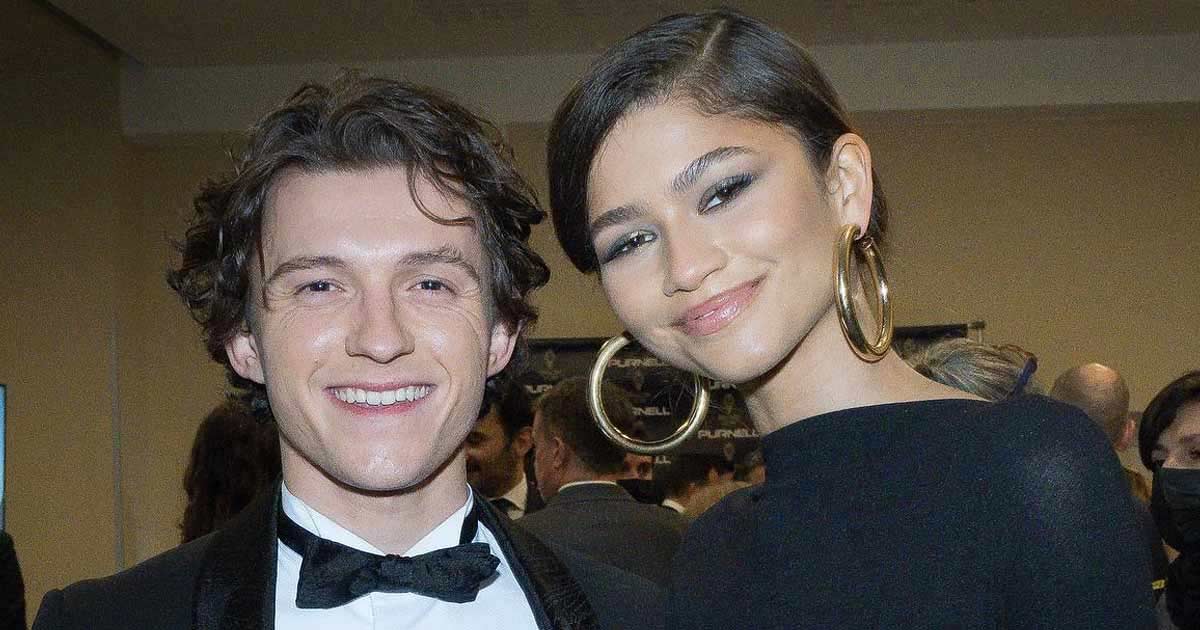But “all of a sudden we started seeing tens of thousands of hats being sold, and we thought that was a lot. And then when Tim Walz wore one of our hats on television the night after he was selected as the vice-presidential nominee, sales just went through the roof.”
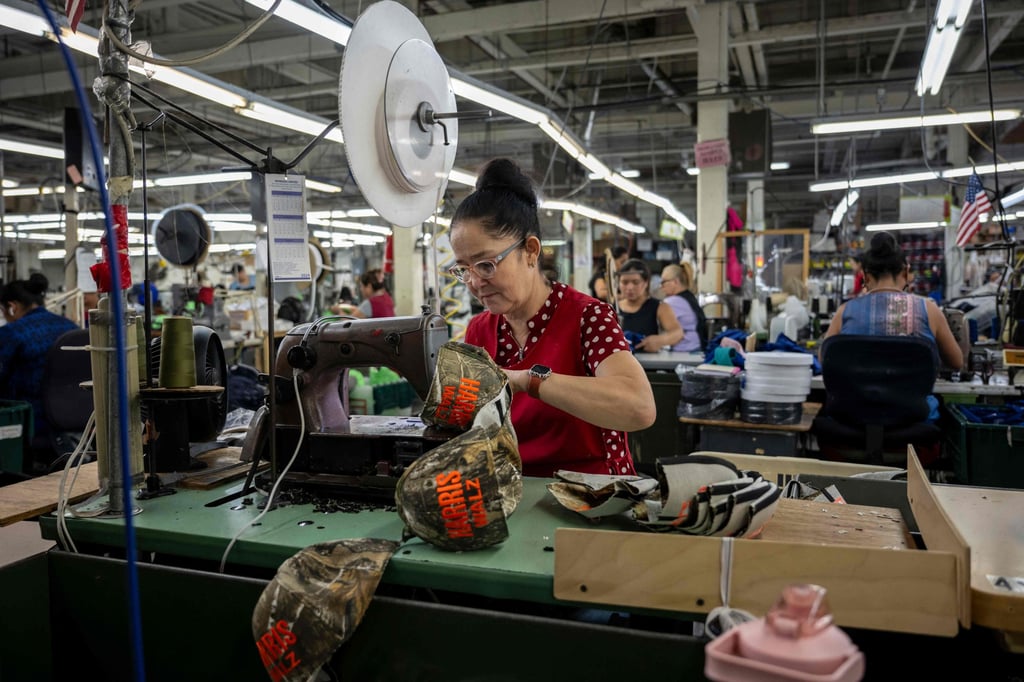
Factory workers have been labouring 60 hours a week, including Saturdays, to accommodate the avalanche of orders.
The company has had to purchase more sewing machines and build up the supply chain to get more camo-print fabric made.
In less than a month Unionwear has sold more than 100,000 hats; in just one week, the factory moved more Harris caps than it expected to sell in a full year when Biden was running.
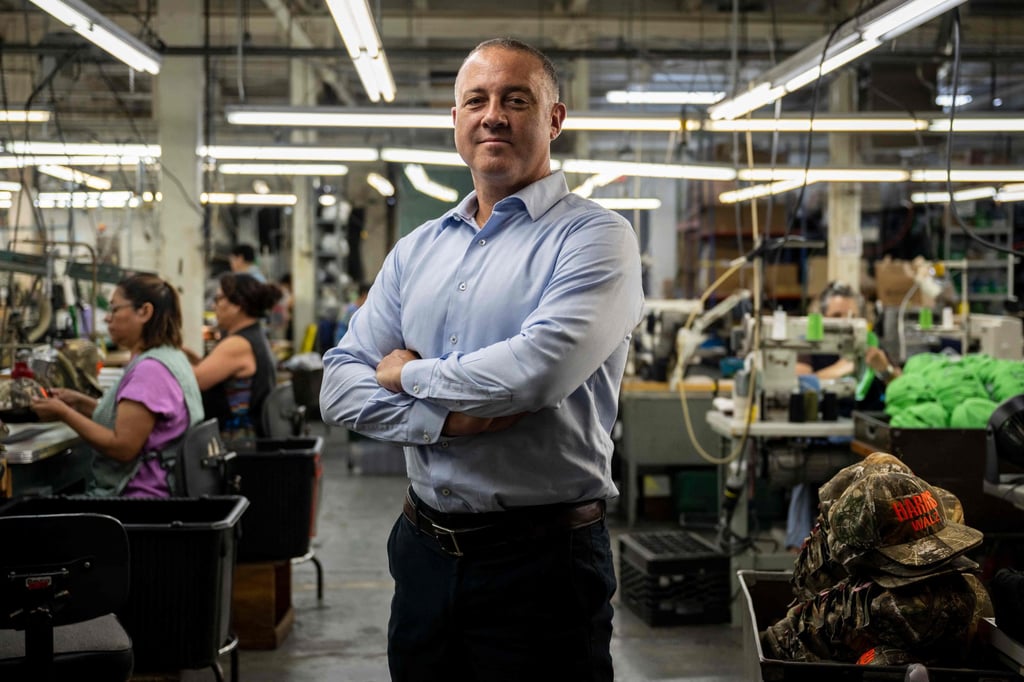
In part, the virality of the camo hat can be attributed to Chappell Roan, the wildly popular singer who sells a camo hat with orange lettering that reads “Midwest Princess”.
Memes of that hat juxtaposed with a Harris-Walz cap proliferated online – both Walz and the pop star are Midwestern – and were shared by Roan herself.
Then an official campaign version dropped. “You asked, we answered,” read the product summary from the Harris campaign, calling the US$40 head-topper “the most iconic political hat in America”.
It was seen as another example of Harris and her camp responding to the social media zeitgeist: earlier this summer, the Democratic hopeful embraced “brat” green and the online codes associated with another pop star, Charli XCX.
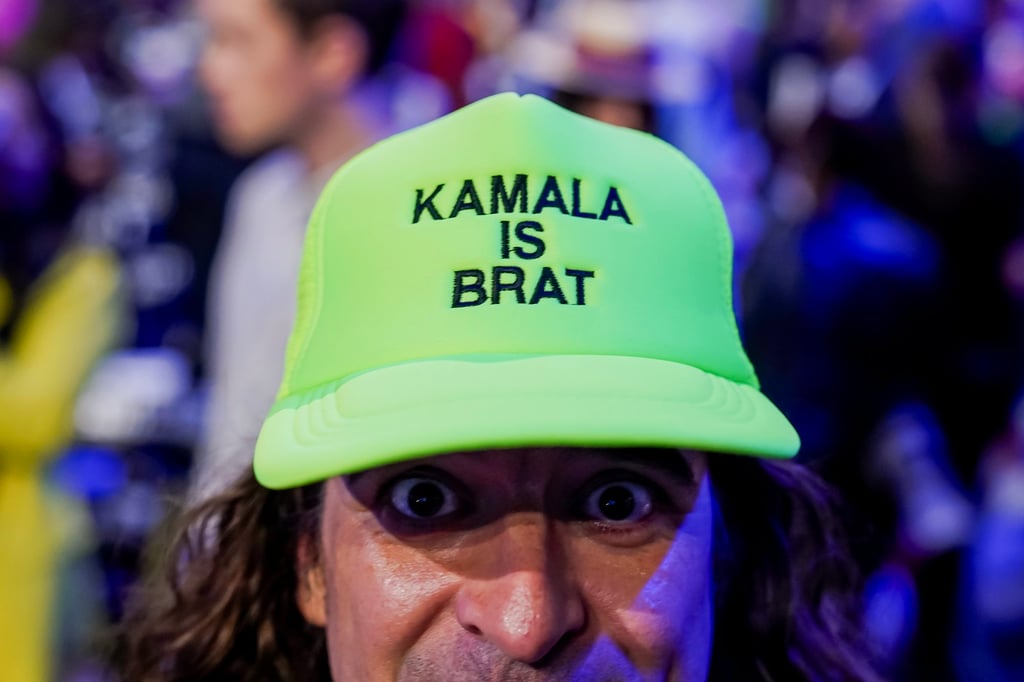
The Democratic National Convention in Chicago, which ended on Thursday, stoked “Kamalamania” further, and along with it demand for merch.
And if she wins the election in November, Unionwear expects another spike in sales, this time for inauguration swag, as happened in 2009 when Barack Obama emerged the victor, Cahn said.
“I think that merchandise sales reflects the popularity of the candidate and also how much the voters connect with the candidate,” he said.
Harris is connecting to voters, Cahn continued – “and they’re proud to wear her name on their heads”.
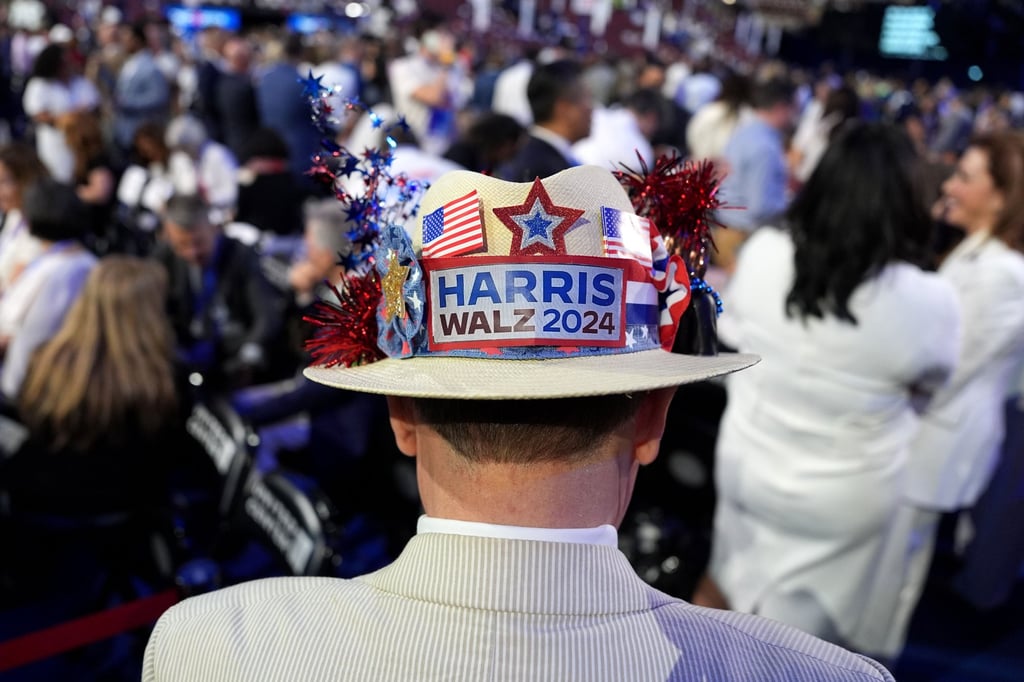
Throughout the week in Chicago, Democrats leaned into symbols of Americana, reclaiming the camouflage, cowboy hats, country music and flags that are usually associated with US conservatism.
In an era of globalisation and free trade agreements, it’s not simple to manufacture textiles in the US; Cahn’s factory is a rare one that does.
Among its clients is the US military, which by law must prioritise domestic products and thus sources uniforms from Unionwear.
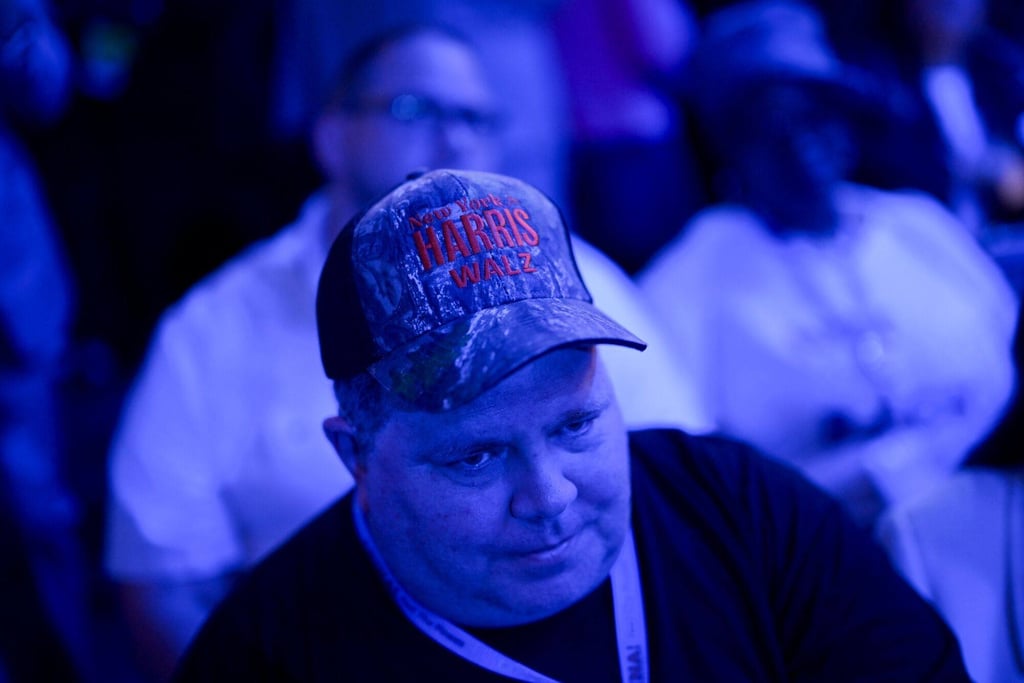
The company’s garment workers are unionised, and the “Made in USA” label is key to their brand – and coveted by campaigns that want to appeal to union workers and advocate for bringing manufacturing jobs back stateside.
“It does not look good if the candidate is saying these things and selling merchandise that’s made in Mexico or China,” Cahn said.
Cahn said most of those are manufactured in China, with only the embroidery done stateside.
Additional reporting by Reuters

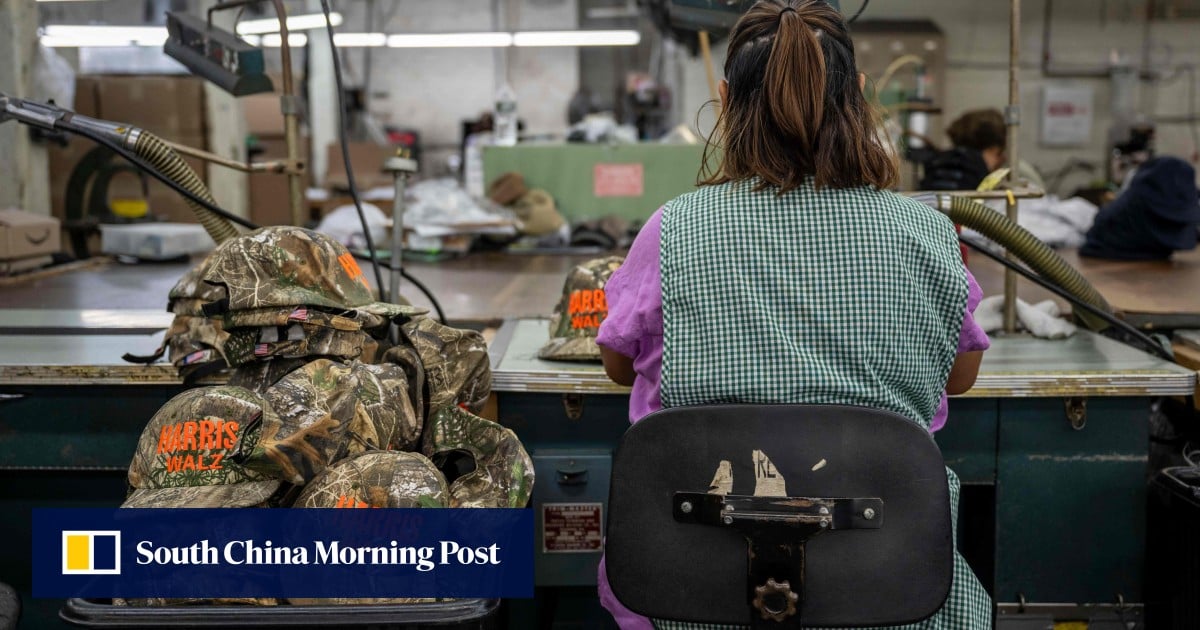
![Kailash Kher opens up about bond with son, love for tea and more [Exclusive] Kailash Kher opens up about bond with son, love for tea and more [Exclusive]](https://st1.bollywoodlife.com/wp-content/uploads/2024/11/211120241732198149.jpeg)


